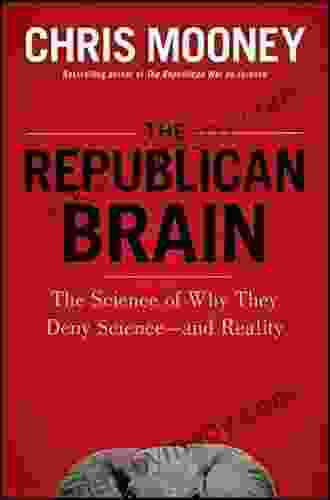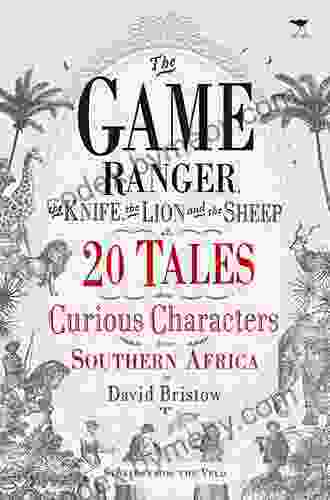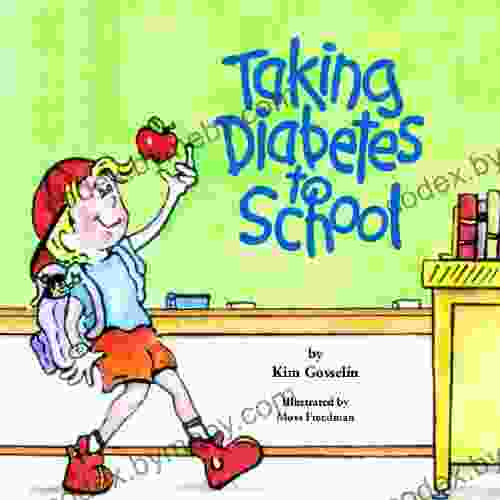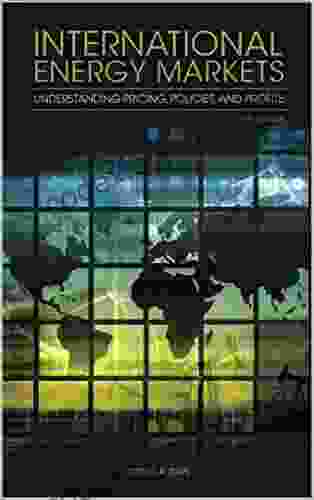Delve into the Science of Denial: Unraveling the Enigma Behind Why People Reject Science and Reality

In an era marked by scientific advancements and unprecedented access to information, a puzzling phenomenon has emerged: the widespread denial of well-established scientific facts and objective reality. From climate change to the efficacy of vaccines, people are increasingly rejecting evidence-based knowledge in favor of unsubstantiated beliefs. This trend has profound implications for our society, undermining the very foundations of progress and rational decision-making. In "The Science of Why They Deny Science and Reality," acclaimed psychologist and researcher Dr. Michael Shermer embarks on a groundbreaking exploration of this perplexing phenomenon, delving into the cognitive and psychological mechanisms that drive science denial.
At the core of science denial lies a complex interplay of cognitive biases, emotional responses, and social influences. Shermer meticulously examines these factors, revealing the ways in which our minds can deceive us into accepting falsehoods and rejecting truth.
Cognitive Biases: Biases inherent in human cognition, such as confirmation bias and the backfire effect, play a significant role in science denial. Confirmation bias leads us to seek information that reinforces our existing beliefs, while the backfire effect causes us to become even more entrenched in our beliefs when confronted with evidence that contradicts them.
4.4 out of 5
| Language | : | English |
| File size | : | 1011 KB |
| Text-to-Speech | : | Enabled |
| Screen Reader | : | Supported |
| Enhanced typesetting | : | Enabled |
| Word Wise | : | Enabled |
| Print length | : | 336 pages |
Emotional Responses: Denial can also be driven by emotions, such as fear, anxiety, or a sense of threat. When people feel threatened by scientific findings that challenge their worldview or deeply held beliefs, they may resort to denial as a coping mechanism.
Social Influences: Social factors, including group membership and peer pressure, can exert a powerful influence on science denial. People tend to conform to the beliefs of their social group, even if those beliefs are not supported by evidence.
Shermer goes beyond abstract theories, providing a detailed profile of typical science deniers. He identifies their common traits, such as a lack of scientific literacy, a tendency towards conspiracies, and a reliance on anecdote and personal experience over empirical evidence.
The consequences of science denial extend far beyond the realm of intellectual debate. Shermer illustrates how denial of climate change has hindered efforts to mitigate its effects, while denial of vaccine efficacy has led to preventable outbreaks of deadly diseases. He argues that science denial poses a grave threat to public health, environmental sustainability, and the very fabric of our democratic society.
Recognizing the gravity of science denial, Shermer outlines practical strategies for addressing this issue. He emphasizes the importance of scientific literacy, critical thinking skills, and open-minded inquiry. He also discusses the role of effective communication and dialogue in bridging the gap between science and those who deny it.
"The Science of Why They Deny Science and Reality" is an essential read for anyone who seeks to understand and combat the growing problem of science denial. With meticulous research and clear prose, Dr. Shermer provides a comprehensive framework for exploring this complex phenomenon. He offers both insights into the psychology of denial and practical tools for promoting science literacy and evidence-based decision-making. By understanding the science behind science denial, we can equip ourselves with the knowledge and strategies needed to navigate an increasingly uncertain world, where reason and rationality are constantly challenged.
4.4 out of 5
| Language | : | English |
| File size | : | 1011 KB |
| Text-to-Speech | : | Enabled |
| Screen Reader | : | Supported |
| Enhanced typesetting | : | Enabled |
| Word Wise | : | Enabled |
| Print length | : | 336 pages |
Do you want to contribute by writing guest posts on this blog?
Please contact us and send us a resume of previous articles that you have written.
 Book
Book Novel
Novel Page
Page Chapter
Chapter Text
Text Story
Story Genre
Genre Reader
Reader Library
Library Paperback
Paperback E-book
E-book Magazine
Magazine Newspaper
Newspaper Paragraph
Paragraph Sentence
Sentence Bookmark
Bookmark Shelf
Shelf Glossary
Glossary Bibliography
Bibliography Foreword
Foreword Preface
Preface Synopsis
Synopsis Annotation
Annotation Footnote
Footnote Manuscript
Manuscript Scroll
Scroll Codex
Codex Tome
Tome Bestseller
Bestseller Classics
Classics Library card
Library card Narrative
Narrative Biography
Biography Autobiography
Autobiography Memoir
Memoir Reference
Reference Encyclopedia
Encyclopedia Chinelo Bally
Chinelo Bally Matthew Stein
Matthew Stein Christy Brown
Christy Brown Kylee Kosoff
Kylee Kosoff Hitsujirobo
Hitsujirobo Marty Makary Md
Marty Makary Md Chris Abouzeid
Chris Abouzeid Gabrielle Dahms
Gabrielle Dahms Christopher E Mason
Christopher E Mason Yang Jwing Ming
Yang Jwing Ming Christine H Morton
Christine H Morton Chris Hoke
Chris Hoke Richard S Dunn
Richard S Dunn Sarah Winnemucca Hopkins
Sarah Winnemucca Hopkins Kathleen Flinn
Kathleen Flinn Jarrod Musick
Jarrod Musick Suzanne Garbe
Suzanne Garbe Chris Whipple
Chris Whipple John Madieu
John Madieu Christine Daymon
Christine Daymon
Light bulbAdvertise smarter! Our strategic ad space ensures maximum exposure. Reserve your spot today!
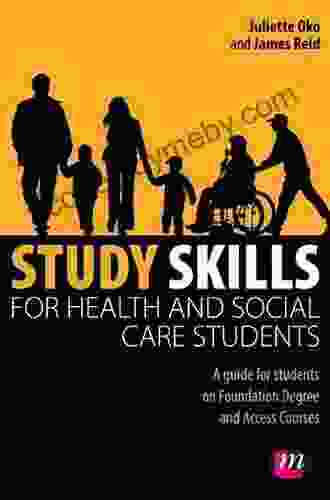
 Kevin TurnerStudy Skills for Health and Social Care Students: Master Effective Learning...
Kevin TurnerStudy Skills for Health and Social Care Students: Master Effective Learning...
 Clark CampbellUnveiling the Epic Saga of Capitalism: A Timeless Journey in "The Relentless...
Clark CampbellUnveiling the Epic Saga of Capitalism: A Timeless Journey in "The Relentless... José MartíFollow ·6.4k
José MartíFollow ·6.4k Banana YoshimotoFollow ·18k
Banana YoshimotoFollow ·18k Jonathan FranzenFollow ·5.8k
Jonathan FranzenFollow ·5.8k Bill GrantFollow ·3.6k
Bill GrantFollow ·3.6k Raymond ChandlerFollow ·6.8k
Raymond ChandlerFollow ·6.8k Braeden HayesFollow ·5.5k
Braeden HayesFollow ·5.5k George HayesFollow ·19.4k
George HayesFollow ·19.4k Deion SimmonsFollow ·3.1k
Deion SimmonsFollow ·3.1k

 Rick Nelson
Rick NelsonThe Power of Positivity: 51 Motivational Quotes to...
In the tapestry of life, we encounter...

 Lee Simmons
Lee SimmonsThe Indian War of 1864: A Devastating Conflict in the...
The Indian War of 1864 was a brutal...

 Eddie Bell
Eddie BellQueen: The Unauthorized Biography: Unraveling the Secrets...
Prepare to delve into the captivating...

 Dion Reed
Dion ReedUnveiling the Imperfect Gems of Trauma and...
In the tapestry of...

 Desmond Foster
Desmond FosterThirty-Six Years in the Rockies: A Timeless Masterpiece...
A Journey Through Time and...
4.4 out of 5
| Language | : | English |
| File size | : | 1011 KB |
| Text-to-Speech | : | Enabled |
| Screen Reader | : | Supported |
| Enhanced typesetting | : | Enabled |
| Word Wise | : | Enabled |
| Print length | : | 336 pages |


